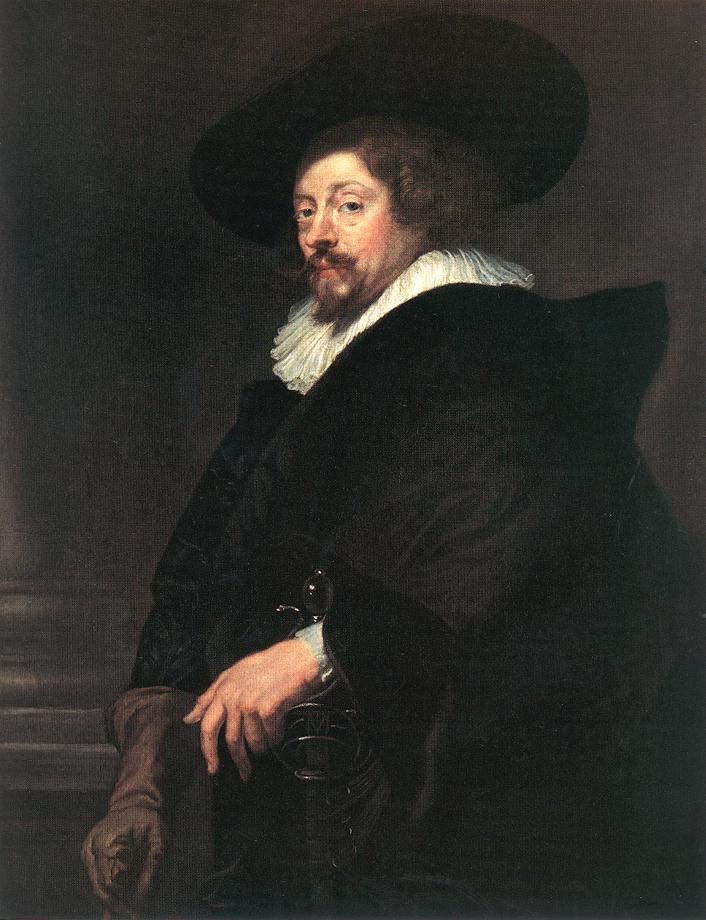
Peter Paul Rubens
(June 28, 1577 - May 30, 1640)
Peter Paul Rubens (June 28, 1577 - May 30, 1640) was a prolific seventeenth-century Flemish Baroque painter, and a proponent of an exuberant Baroque style that emphasized movement, color, and sensuality. He is well-known for his Counter-Reformation altarpieces, portraits, landscapes, and history paintings of mythological and allegorical subjects.
In addition to running a large studio in Antwerp which produced paintings popular with nobility and art collectors throughout Europe, Rubens was a classically-educated humanist scholar, art collector, and diplomat who was knighted by both Philip IV, king of Spain, and Charles I, king of England.
Peter Paul Rubens was probably born on June the 28th 1577 in Siegen, Germany. His parents Jan Rubens and Maria Pypelinckx had left the catholic Spanish-dominated city of Antwerp because of their Calvinist sympathies. The family had moved to Cologne with the children. Father Rubens, however, nearly escaped death sentence in Cologne after an affair with the princess of Orange. Mother Rubens managed to have her husband freed and the family accepted to be exiled to Siegen, Westphalia. It was there that the sixth child, Peter Paul, was born.
















